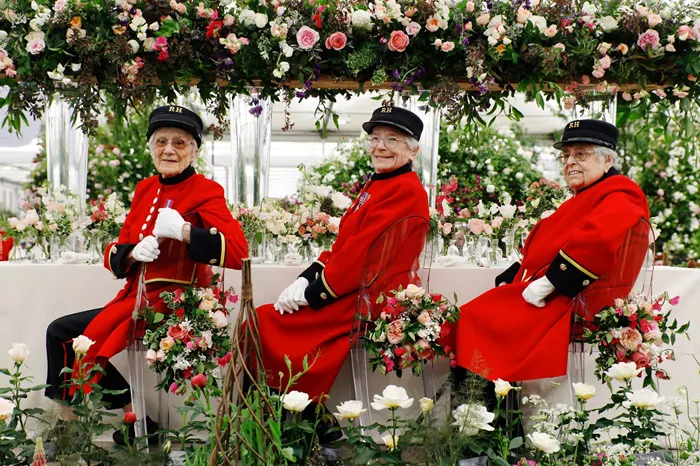May 30th holds a place of significance in British history, bearing witness to a diverse array of events that have shaped the nation’s identity and trajectory. From battles and political milestones to cultural achievements and scientific discoveries, the events that transpire on this day offer insights into the rich tapestry of British history. In this article, we delve into the significance of May 30th in British history, exploring key events and moments that have left an indelible mark on the nation’s story.
The Restoration of Charles II (May 30, 1660)
One of the most significant events in British history occurred on May 30, 1660, with the restoration of Charles II to the English throne. Following years of civil war and political upheaval, known as the Interregnum, Charles II was invited to return from exile and assume the throne, marking the end of the republican experiment led by Oliver Cromwell and the restoration of the monarchy. The restoration of Charles II ushered in a period of stability and prosperity known as the Restoration era, characterized by the flourishing of arts, culture, and science. It also marked the beginning of the constitutional monarchy that continues to govern Britain to this day.
The Birth of Alexander Pope (May 30, 1688)
May 30, 1688, marks the birth of one of Britain’s greatest literary figures, Alexander Pope. Born in London, Pope rose to prominence as a poet, satirist, and translator, earning acclaim for his wit, intellect, and poetic skill. His works, including “The Rape of the Lock” and “An Essay on Criticism,” remain enduring classics of English literature, celebrated for their elegance, precision, and insight. Pope’s contributions to the literary landscape of Britain helped to shape the cultural identity of the nation and inspire generations of writers and thinkers.
The Execution of Charles I (May 30, 1649)
May 30, 1649, marks a somber chapter in British history with the execution of King Charles I. Following years of political conflict and civil war between the Royalists and Parliamentarians, Charles I was tried and convicted of high treason by the Rump Parliament and sentenced to death. On the morning of May 30th, he was executed by beheading at Whitehall Palace in London, marking the first and only execution of a reigning English monarch. The execution of Charles I marked the culmination of the English Civil War and the triumph of parliamentary sovereignty over royal authority. It also set a precedent for the constitutional monarchy that would emerge in Britain in the centuries that followed.
The Coronation of King George VI (May 30, 1937)
One of the most significant events of the 20th century occurred on May 30, 1937, with the coronation of King George VI. Following the abdication of his brother, King Edward VIII, George VI ascended to the throne and was crowned in a grand ceremony at Westminster Abbey in London. The coronation of George VI marked a pivotal moment in British history, as the nation grappled with the challenges of the Great Depression and the looming threat of war. George VI’s reign would be defined by his leadership during World War II and his role in guiding Britain through one of its darkest hours.
The Birth of Benjamin Britten (May 30, 1913)
May 30, 1913, marks the birth of one of Britain’s most celebrated composers, Benjamin Britten. Born in Suffolk, Britten rose to prominence as a composer, conductor, and pianist, earning acclaim for his innovative approach to music and his mastery of orchestration. His works, including “Peter Grimes,” “The Young Person’s Guide to the Orchestra,” and “War Requiem,” are celebrated for their emotional depth, lyrical beauty, and profound humanity. Britten’s contributions to British music helped to define the cultural landscape of the nation and establish Britain as a powerhouse of classical music.
The Opening of the Chelsea Flower Show (May 30, 1913)
One of the highlights of the British gardening calendar occurs on May 30th each year with the opening of the Chelsea Flower Show. Established in 1913 by the Royal Horticultural Society, the Chelsea Flower Show is one of the world’s most prestigious flower shows, showcasing the finest in horticultural excellence and garden design. The show attracts visitors from around the globe and has become a beloved British institution, synonymous with the beauty, creativity, and tradition of British gardening.
Conclusion
May 30th stands as a significant date in British history, bearing witness to a range of events and milestones that have shaped the nation’s identity and trajectory. From the restoration of Charles II to the execution of Charles I, the birth of Alexander Pope to the coronation of King George VI, the events that transpire on this day offer insights into the complexity and diversity of British history. As we reflect on the significance of May 30th in British history, we are reminded of the enduring legacy of the past and the ongoing evolution of the nation’s story.

